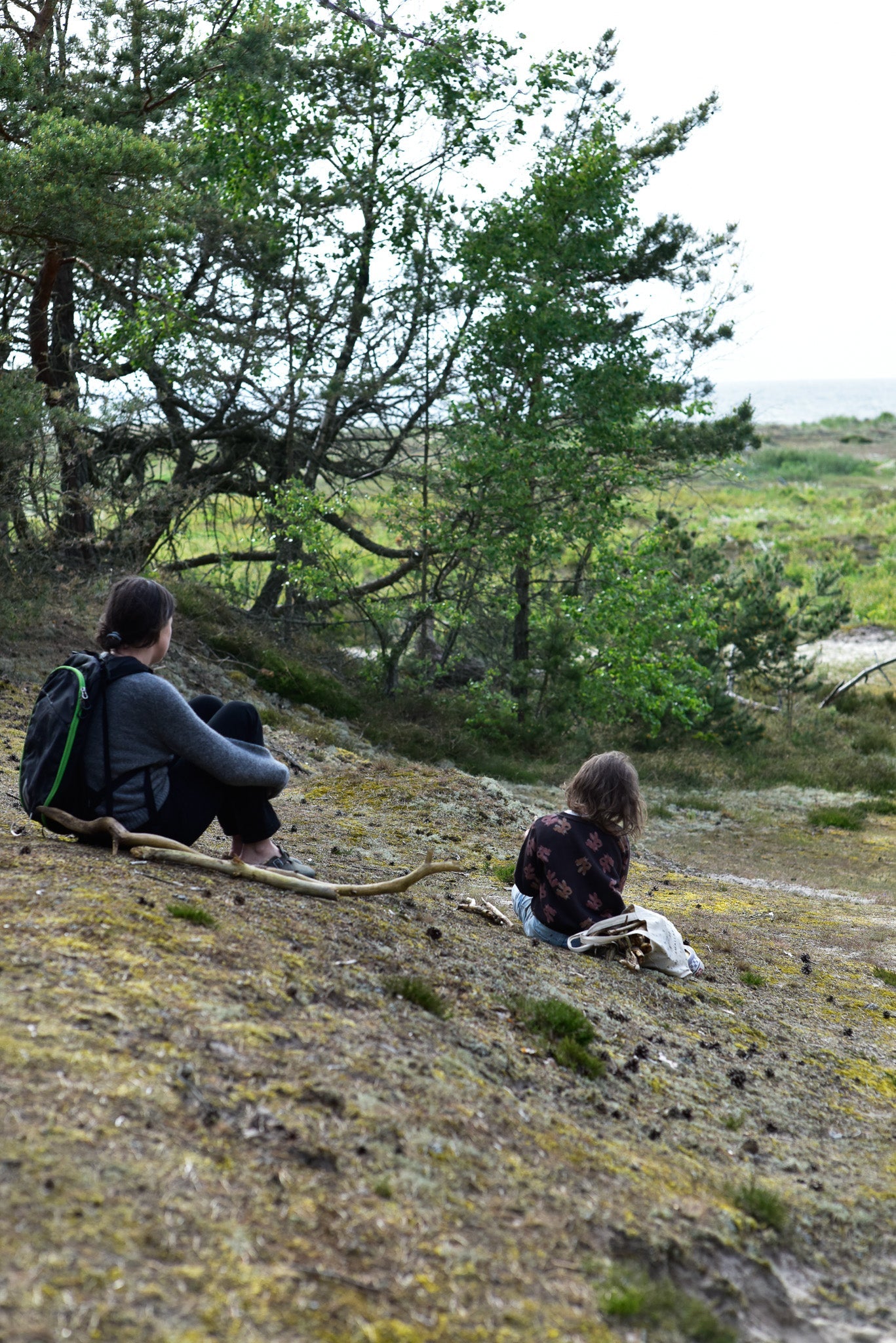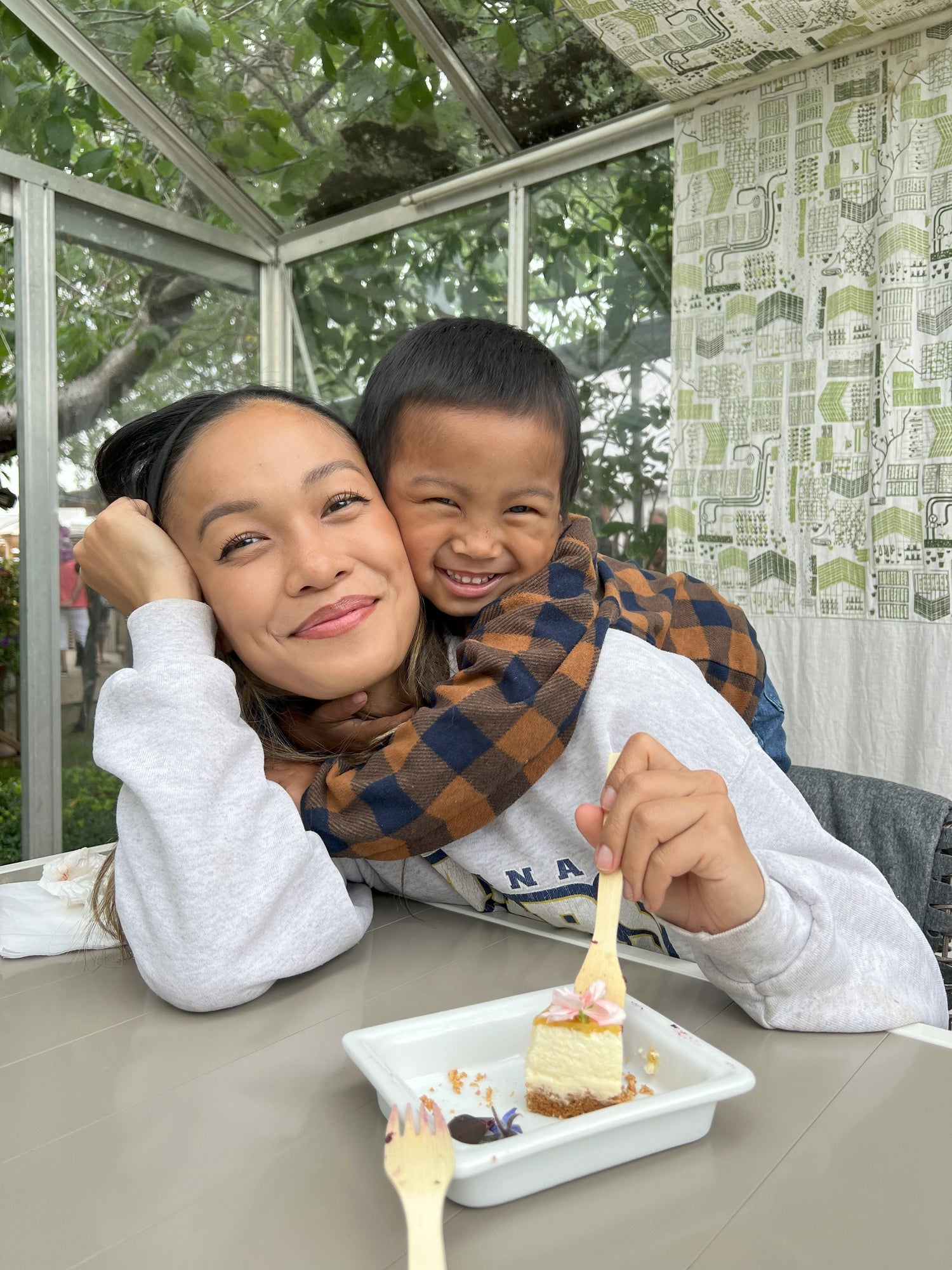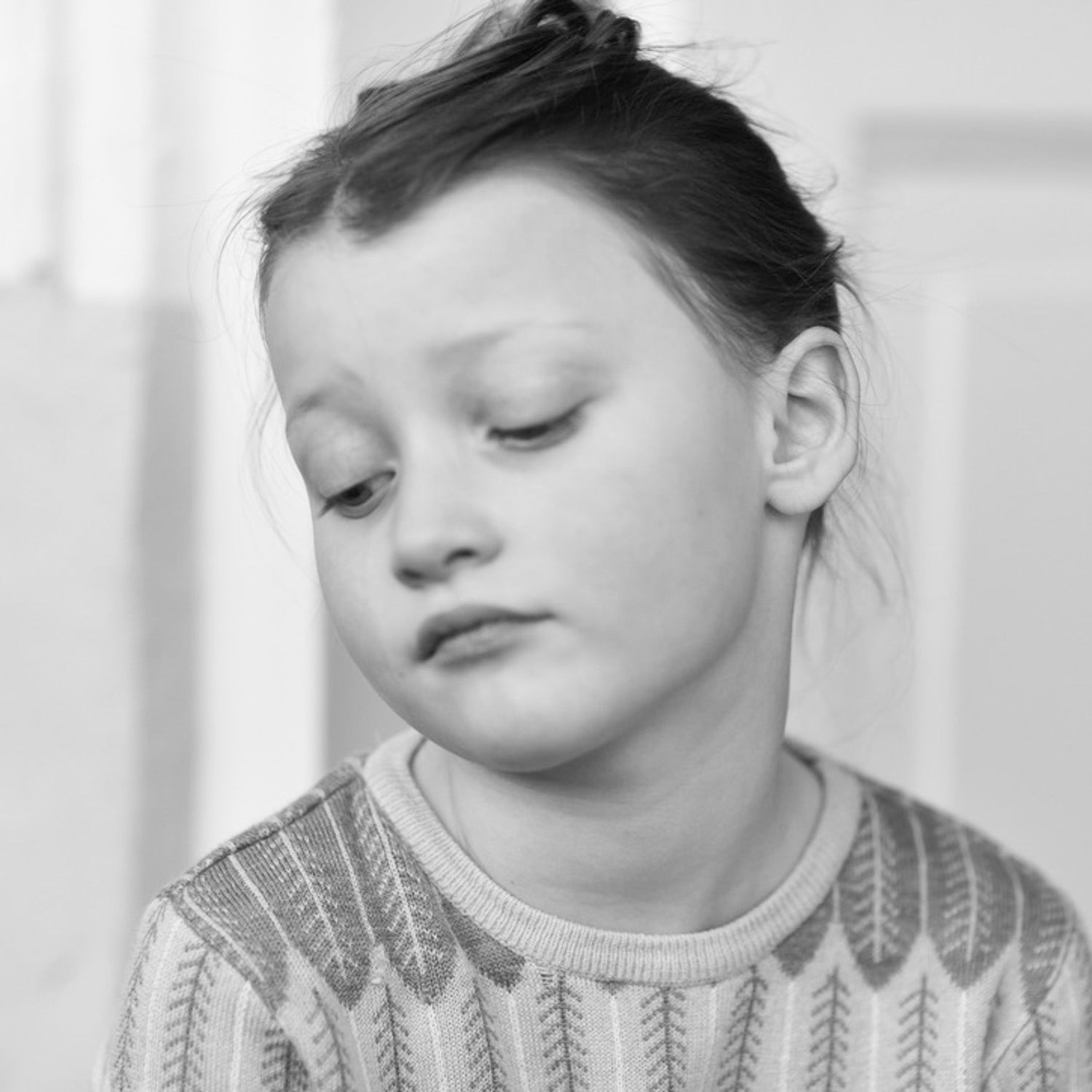How to talk about war with children?
There is a lot going on in the world right now that can be difficult to explain to children. Earthquakes, mass migration and war are topics that children often pick up on and can think a lot about and maybe be afraid of. Here at home in Sweden, there is a conflict between gangs that affects many, some more than others.
But how do we explain the inexplicable to children? How do you go about talking about war with children? We have tried to compile different advice for you who are thinking about how to talk about war with your child.

To talk about war and conflicts with children
Talking to children about war is a sensitive and complex task. Children can be sensitive to violence and conflict, and it is important to handle the subject in a way that is appropriate for their age and maturity level. Your task as an adult is to calm, make the child safe and strengthen his sense of control. By meeting the child's concerns and being honest, trust is built for us adults.
There are many different ways to do this. BRIS has a very good summary of what you can do. We also recommend the Norwegian School Administration and Save the Children's Council.
When difficult and complex events occur, it may be good to remember that it may be wise not to leave these conversations entirely to school or preschool. It is you as the guardian with whom the child (hopefully) feels most secure. It can be safest that this call comes from you.
Your task as an adult is to be calm, make the child feel safe and strengthen its sense of control. By meeting the child's concern and being honest, confidence in us adults is built.
Create a safe and quiet environment
Create a safe environment. Before you start talking about anything difficult with children, whether it's about war or anything else that might be difficult, make sure they feel safe and comfortable. It may be a good idea to have the conversation in a calm and relaxed environment where the child feels safe.
Adjust to age
Adapt the information to the child's age. It is important to adapt the conversation to the child's age and maturity level. Younger children need more simplified information while older children can handle more detailed and complex information. Use plain language and avoid using scary or graphic language. It is also important to listen to the children's concerns. Young children may need us as adults to help them put into words thoughts that may be difficult and complex to express in words. This is especially true of something as alien and abstract as war. Young children can also express their questions through play, while older children can ask more concrete questions. Older children of school age can also take in more concrete information.

Be responsive
Listen to their questions and feelings. Children may have many questions and feelings about war. It is important to listen to them and answer their questions as honestly and honestly as possible. It's also important to validate their feelings and let them know it's okay to be scared, worried, or confused. War is difficult and can arouse many emotions in you as an adult. Try not to let your own concerns, feelings or opinions influence and take over the conversations too much.
War is difficult and can arouse many emotions in you as an adult. Try not to let your own concerns, feelings or opinions influence and take over the conversations too much.
Be factual
Give concrete information. Give the children concrete information about war, for example where it is going on, who are the parties involved and why it has arisen. Use maps, pictures, and other visual aids to help them understand. There are many books, films and websites that can be helpful when talking to children about war. Use these resources to supplement your conversations and give children additional information and perspective.
It can be important for you with older children who have access to a tablet, mobile phone or computer and thus the internet to sit with them when they take in information. When the child can search for information himself, you can be proactive and ask active questions if you sense that the child is worried or thinking about something that is going on. It can also be a good idea to talk about source criticism and where information comes from. Is information from social media reliable?
Avoid being intimidated
It is important to avoid scaring the children when talking about war. Do not use scary images or scary language. Instead, try to focus on information that can help them understand the situation and feel more secure. It's ok not to have all the answers. You can say that you can try to find the answer, so that the child is not left alone with his worries.
It is important to pay attention to the balance between answering the children's questions honestly, not being intimidating and at the same time not trying to convince that everything is fine when it is not. If your answers are perceived as trying to hide the truth, that in itself can be a source of concern.
Try to encourage them to think about how they would feel if they were in the same situation and what they can do to help. It doesn't have to mean that you (falsely) say that everything will work out or minimize the seriousness, but to show that there are actually good forces in the world as well.
Provide hope
Focus on hope and change. When talking about war with children, try to include messages of hope and talk about how people are working together to create peace and change. Talk about historical examples of conflicts that have been resolved peacefully and show children that change is possible. Talk to the children about the need for empathy and compassion towards people affected by war. Try to encourage them to think about how they would feel if they were in the same situation and what they can do to help. It doesn't have to mean that you (falsely) say that everything will work out or minimize the seriousness, but to show that there are actually good forces in the world as well.
Concrete action
Empower children to take action by participating in charity work or other activities that can help people affected by war. It can give them a sense that they can do something positive and make a difference. Swish collections or donating clothes, for example, can be opportunities for the child to do something concrete.

Unfortunately, talking about war and conflict is not just one conversation
Unfortunately, there are wars going on often and some go on for a long time. Crises and conflicts flare up and even if we want it not to happen, it probably will. Talking about war with your child is therefore something that becomes a recurring conversation. There are also other reasons why a call is not enough.
War is a complicated subject and it can be difficult to cover everything in a single conversation. Children also often take in information in small pieces and need some time to process the answers before returning with a follow-up question. Try to have regular conversations with the children and update them with new information when needed.
We cannot control everything in the world, and we cannot protect our children against everything. But we can be a safe and supportive anchor when they learn to navigate life's most difficult subjects.





